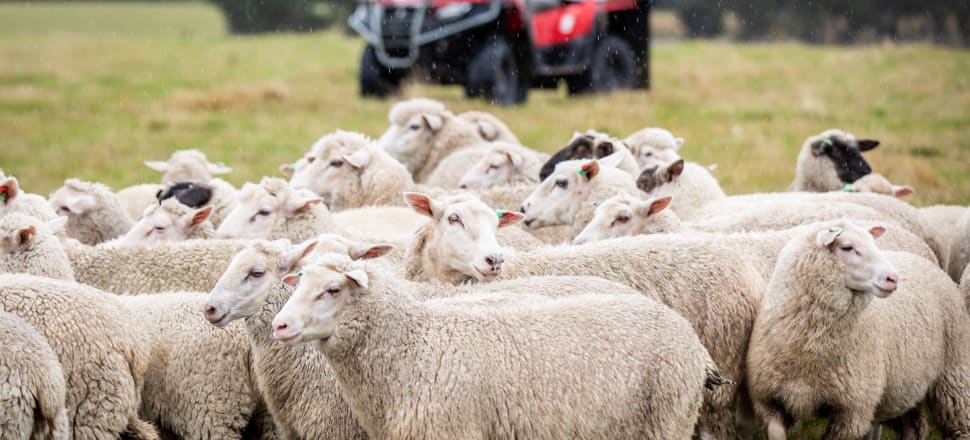
It's been a disastrous year for wool and some farmers are worried about the future of the industry in New Zealand
Backcountry farmer Dan Steele got messages from all over the world after he took to Facebook inviting people to come and pick up his wool for free.
It was a tongue-in-cheek exercise to highlight a serious matter: the woes of wool.
Steele's post about how much money he is losing on his wool was even translated into Chinese.
"I couldn't believe it," says Steele from his Blue Duck Station on the Whanganui River, a working farm and tourist operation.
"I just put something up to say, 'Hey, this is what my shearing is costing me, this is what I'm getting from wool, it's not sustainable'."
He explained in his post that shearing cost him around $65,000 but he was getting paid just $9600 for the wool – a $55,400 loss.
Wool prices have been fluctuating for a long time, says Steele, but for most of the past decade he's been losing money on it in the face of rising transport, labour and compliance costs.
Reluctant to follow other big sheep stations converting to pine forests, or other farmers breeding wool out of their sheep, he's held on in the hope of a turnaround.
Steele takes The Detail through the challenges of growing the wool, to selling it at his farm.
"Everything's trying to kill sheep in the backcountry, from wild pigs eating them when they are born, through to fly strike; and wool creates a few animal health problems. You've got to dag your sheep to keep them clean, you've got to dip them and you've got to prepare them for shearing."
Then the weather conditions have to be right before shearing starts.
Steele sells the wool in his shed as a "greasy price, with the grease and the lanolin and the vegetable matter" included.
Hawkes Bay wool broker and retailer Philippa Wright, of Wright Wool, explains how she buys the wool at the farm; she sorts, grades and tests it and sells it at auction. But it is still several steps away from being turned into carpet or clothing.
Wright tells The Detail she doesn't know anyone who is making money from wool.
"If you could find someone who's making money, introduce me, I'll shake their hand."
Both Steele and Wright say the risk of the industry dying is a real concern, and they argue that wool needs an umbrella group that represents all parts of the industry, funded by a levy from the growers, similar to the Wool Board that was scrapped in 2001.
"We've already gone from 70 million to 23 million sheep and I would suggest after what has happened in the North Island that we're going to be less than that," Wright says.
She says the glimmer of hope is the next generation who appreciate the value of a natural product over synthetics, and embrace technology to come up with innovative ways to use wool and revive exports.
Hear more about the plight of the wool industry in the full podcast episode.
Check out how to listen to and follow The Detail here.
You can also stay up-to-date by liking us on Facebook or following us on Twitter.








